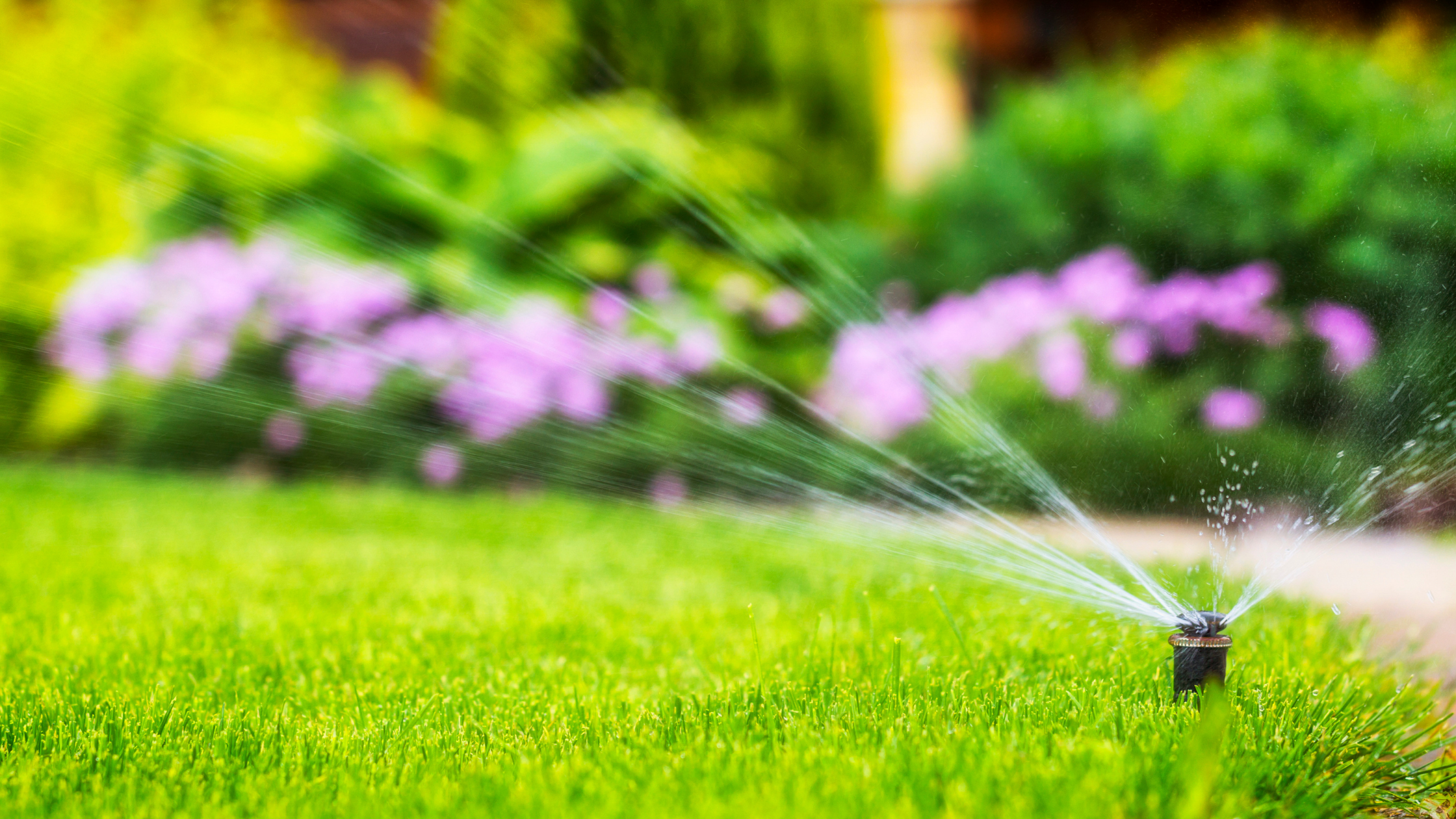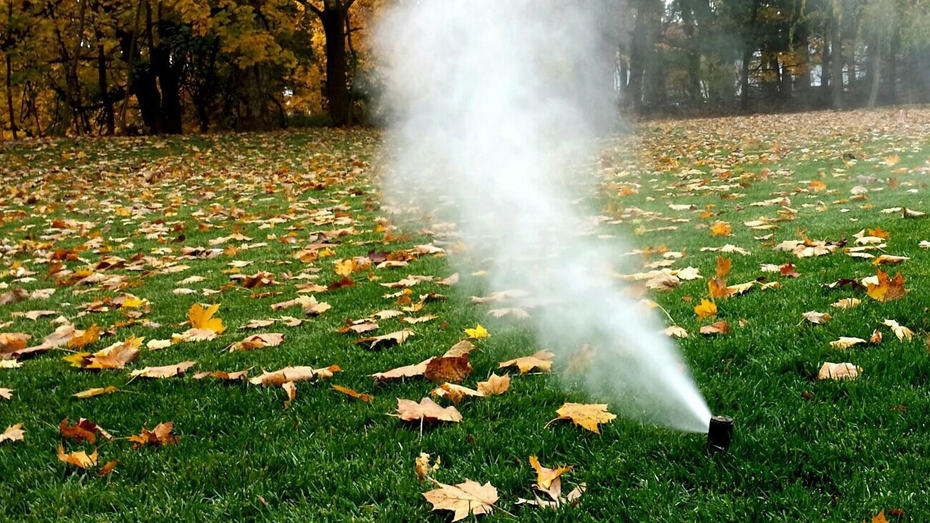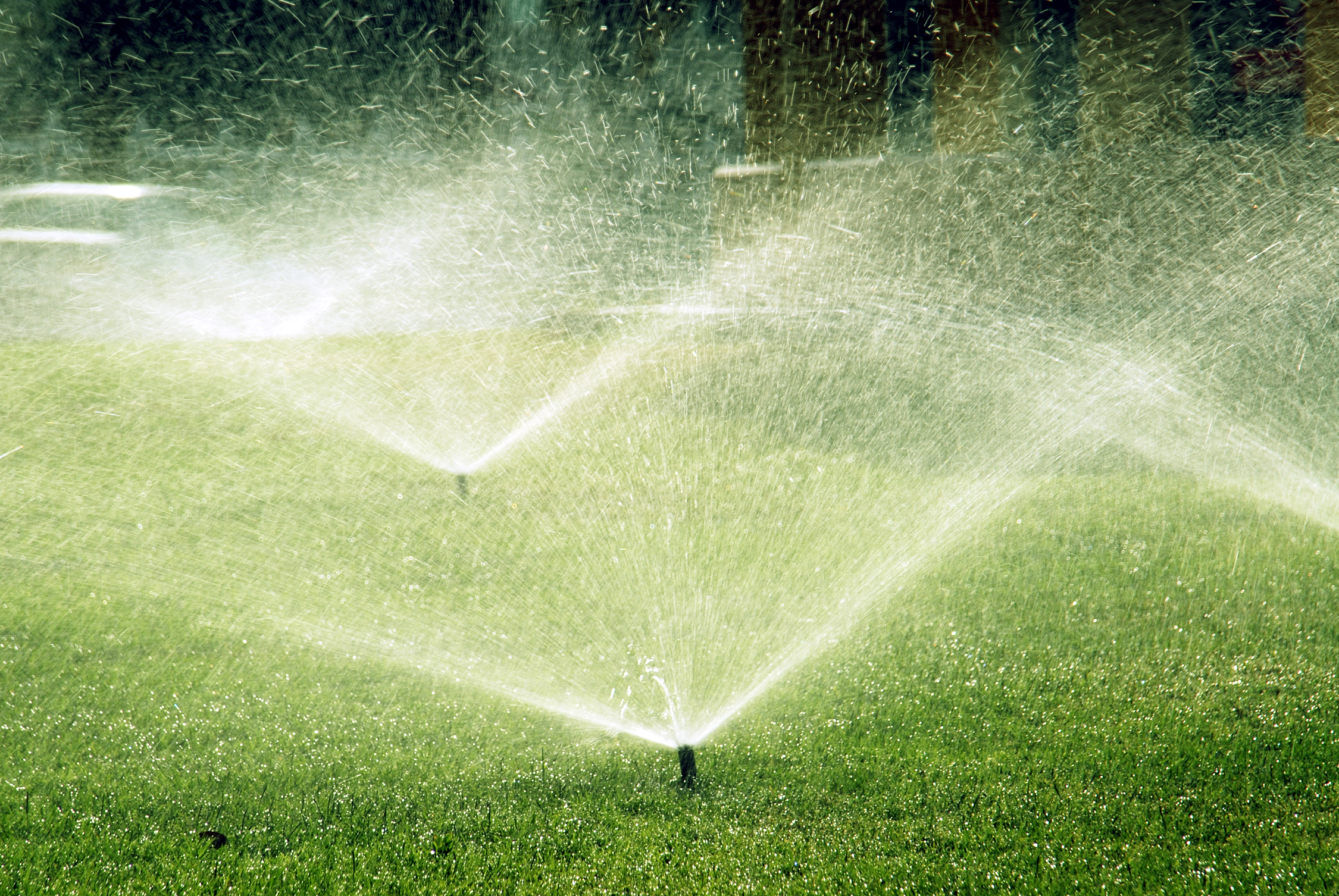28 Apr Why Does My Sprinkler System Leak?
Your sprinkler system may be reliable in giving your grass plenty of water. When it’s shut off, the last thing it should ever do is leak. This guide will pinpoint the reasons why your sprinkler system is leaking.
This is an issue where you may end up wasting water and not know about it. It can also become costly if you are paying the bill every month. This guide should not only help you save water, but also money in the process.
If you want to ensure that your sprinkler system is not leaking, keep reading. With that said, let’s get started.
Sprinkler Head May Be Leaking
Among the many issues with a leaking sprinkler system, this may be the most common. The good news is, you can notice this fast. One of the reasons why this happens can be a crack or the head itself might be broken.
When this happens, you’ll see puddles of water forming or spurts of water. These sprinkler heads can be inadvertently damaged by vehicles driving over the grass or mower edges making contact. Another issue could be the usual wear and tear that comes with age.
Either way, it may be possible to replace it should the need arise. There really is no quick repair solution we can think of at this time.
Line Break
Another issue can be a line break. This may be due to constant pressure or the lateral line may have a break itself. Your sprinkler operates on pressurized water. A line break can happen due to several factors.
For one, it can be cracked or even nicked. It can be as simple as planting something and you accidentally damaged it with a gardening tool. You’ll want to determine if there is a line break, which may be done by seeing if you notice any water pooling in the area.
If it’s creating pools while the water system is shut off, that’s when you have a problem. No water should be leaking while the water system is off, period.
Leaking Valve
A valve leak can break down due to age. This may be one of those times when a leak can occur if the lines are in good condition. Keep in mind that in Texas, you may want the water pressure to run at about 100 PSI (even though most sprinkler systems operate at 50 PSI tops).
Final Thoughts
Your sprinkler system may be leaking and it could be due to one of these three issues. You’ll be more than pleased with it working and going through the motions in keeping your yard green and clean. Streamline Designs will fix your sprinkler system if you happen to have any issues.
If you need a new system installed, we’ll get the job done with our team of experts planning and placing it where it needs to be. If you want a greener and cleaner yard, call us today at 817-873-1999 and we’ll get the job done for you.


